Table of Contents
Some words can be given contextual personality by simply adding, for instance, an exclamation point. Ashwagandha is just such a word. Already exotic at first glance, add an exclamation point and you have what looks like a battle cry, or the title of a foreign film about freedom fighters in an unnamed revolution.
ASHWAGANDHA!
See? The word is a natural for your local art-house movie marquee. Ashwagandha, (scientific name Withania somnifera—which no exclamation point can rescue) is in fact the name of a demure little plant, and one of the most powerful herbs in the ancient Ayurvedic medicinal traditions of India.

Ashwagandha has been in use as a healing agent for a large part of recorded human history, earliest evidence of its use as a regenerative tonic going back some 6,000 years1.
Used in ancient times for a broad array of conditions, ashwagandha is best known to traditional medicine practitioners as a restorative, with potent rejuvenating benefits, and as a stress reducer.
In Sanskrit, Ashwagandha means “the scent of a horse”, and in the wild, the root of the plant does indeed give off a distinctly equine bouquet, which the ancients may have found appropriate for bouquets, but totally appropriate (on the other hand) given ashwagandha's ability to convey strength and power.

A popular Ayurvedic herb today, ashwagandha has long been used in traditional medicine circles as a generally restorative tonic.
Traditional users of the herb have been so wowed by its effects they have, for thousands of years, been willing to ignore the fact that in the wild it smells like a horse's ***. That should give us some idea of how effective they found ashwagandha.
Ashwagandha is even used topically (on the skin, that is) as an analgesic; a mild soothing agent, like aspirin.
Ashwagandha Offers an Adaptogenic Life Boost. So to Speak.
Ashwagandha. Where to start? This syllable-laden shrub is an adaptogen; a naturally found substance that helps the plant body (and thus your body) establish and maintain that physiological equilibrium known to biologists as homeostasis.
Studies have shown that ashwagandha has many health-supporting facets, though the root's mechanisms aren't fully understood.
The term "adaptogen" was coined by researchers in the 1940s to describe a category of herbs that, when ingested, seem to help maintain homeostasis — the internal stability of a living system — no matter the changing external conditions.
Plants use their adaptogenic properties to withstand extreme weather conditions and other natural stressors in the ecosystem.
Ashwagandha and Anti-Oxidation
Ashwagandha’s anti-oxidant properties may explain to the modern researcher why this herb has garnered such a reputation through the millennia for providing both a sense of “energy”, and a reputation for supporting physical health.


scientific fact: some mischievous free radicals are disappointed to be handed a free electron by an antioxidant.
As for aches and pains, the Journal of Ayurveda and Integrative Medicine has reported that ashwagandha does admirable work supporting the body's own natural, exercise-related pain management. 5
How? Withanolide is a naturally occurring steroid, and ashwagandha is naturally chock full of the stuff, wielding withanolide’s program to soothe normal joint pain and muscle discomfort associated with rigorous exercise.
Ashwagandha: Your Adaptogenic Guide to Steps One and Two
So…while traditionally, ashwagandha has been used as a nerve tonic and adaptogen—an agent which helps the body adapt to various emotional and physical stressors—ashwagandha's fan base sends it to do battle against all systemic enemies of “natural good health”.
Ashwagandha is something of a mercenary—it will go where directed and address the issue, from parasites to goiter to constipation. Such is the mechanistic Wonder of it All in our ecosystem which is — technically, and happily — the place where biology lives; and laughs and loves (depending on the biology in question, of course).
As living creatures, we must make full use of nature’s fairly insane bounty. It’s not for nothing ashwagandha has long been a staple in traditional cultures.

We all aspire to the radiant simplicities of natural health. On reaching that physiological plateau—Step One—we may move on to the grander, more heart-driven themes—Step Two—that make our time on Earth worthy and energizing.

Ashwagandha helps us take care of Step One, and that's the baseline. With ashwagandha's help, we can all stay around and enjoy Step Two together—sunstruck picnics, moviegoing, song, dance, meaningful embraces by moonlight, bowling — you name it.
And isn't that the whole idea of All This?
Hey, we emerged from nature. Not to freak you out, but We ARE nature. Making use of her leafy meds to truly live is taking a page from our own book—and what a story we’ve yet to tell.






